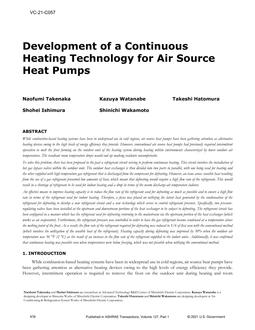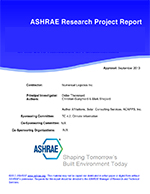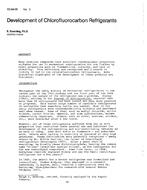A series of measurements of indoor temperature and humidity (18) made by the Div. of Bldg Research (DBR), Natl Research Council of Saskatoon, Sask., Canada in six primary schools (grades 1 – 8; ages 6 – 14) in 1960-61 was used in a preliminary study of the effect of indoor relative humidity on absenteeism. In 1970 a plot (Fig. 1) of relative humidity versus total absenteeism (absenteeism due to all causes) was made from the data taken by DBR in 1960-61 for the six schools. The correlation coefficient of this data r = 0.93 exceeds the 5% level of significance r0.1 = 0.917. A study was then conducted in the winter of 1971-72 with the same six schools plus six others in an attempt to confirm the results and find reasons for the correlation.
Also, absenteeism data for six schools of the City of Halifax, Nova Scotia, were obtained and correlated with similar temperature and relative humidity data (19) taken by DBR, in 1961-62. The results were similar to those obtained from the Saskatoon Public Schools. These studies indicated that there was a reduction in absenteeism with increase in the relative humidity of the space; the results are confirmed by two other studies (15,16) which also support the speculation that reduction in absenteeism in the Canadian schools is a direct result of reduction in upper respiratory diseases at the higher indoor relative humidities.
A possible reason behind the reduction in such diseases is made in a discussion of the school as a means for transmitting airborne disease and in laboratory investigations which have established the effect of relative humidity on the survival rate of airborne bacteria.
Citation: ASHRAE Transactions, Volume 80, Part 2, Montreal, QC
Product Details
- Published:
- 1974
- Number of Pages:
- 11
- File Size:
- 1 file , 610 KB
- Product Code(s):
- D-MO-2311


